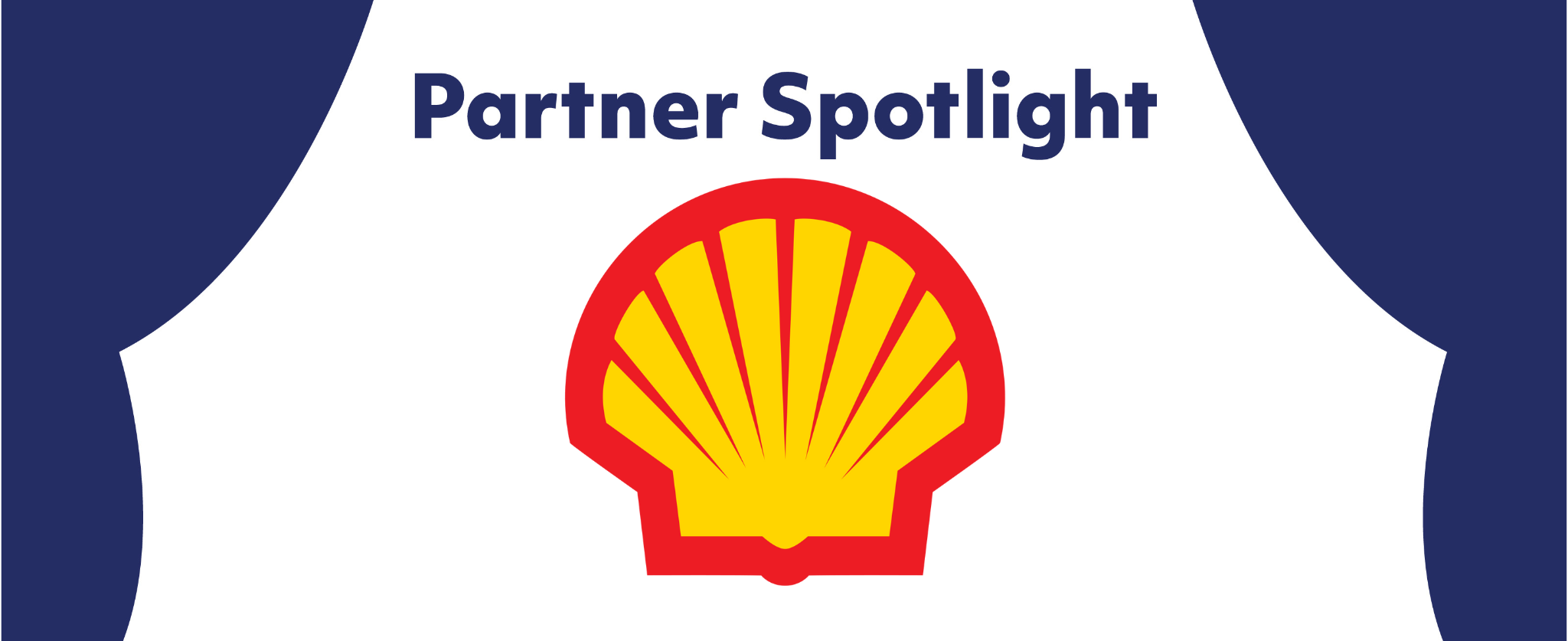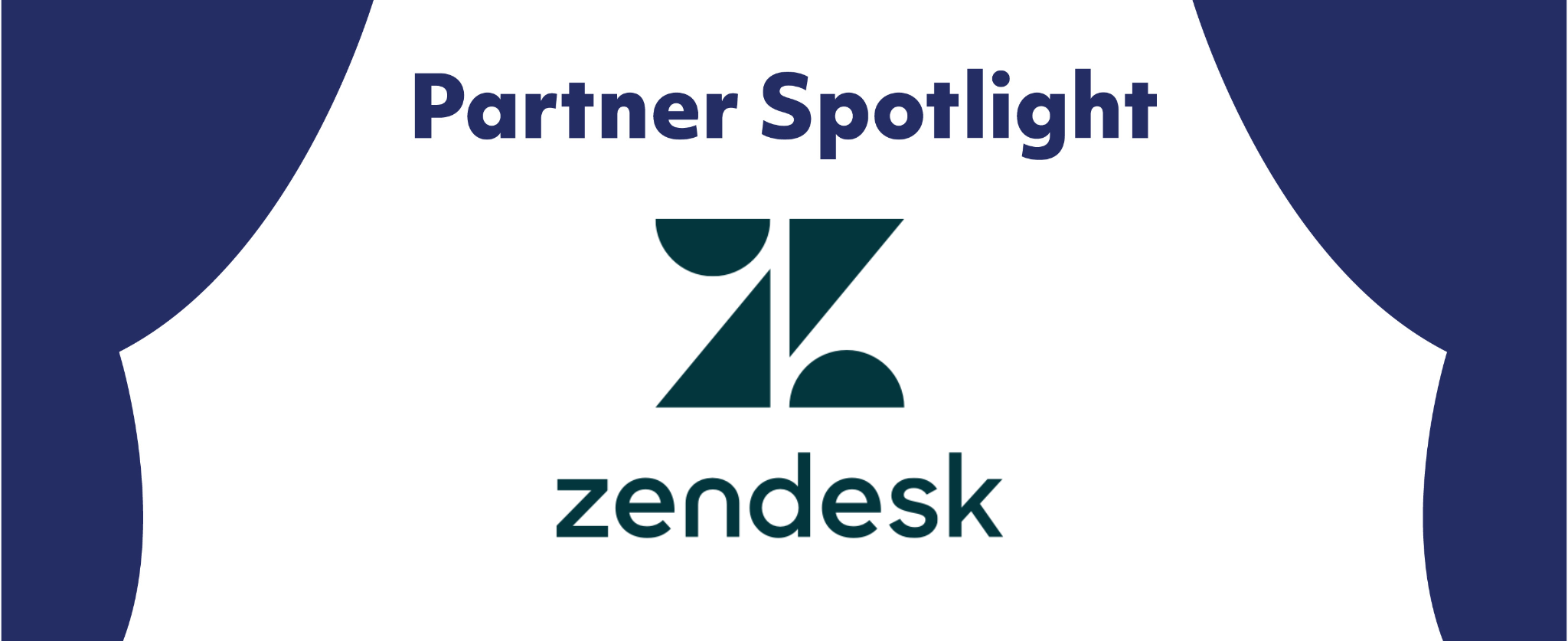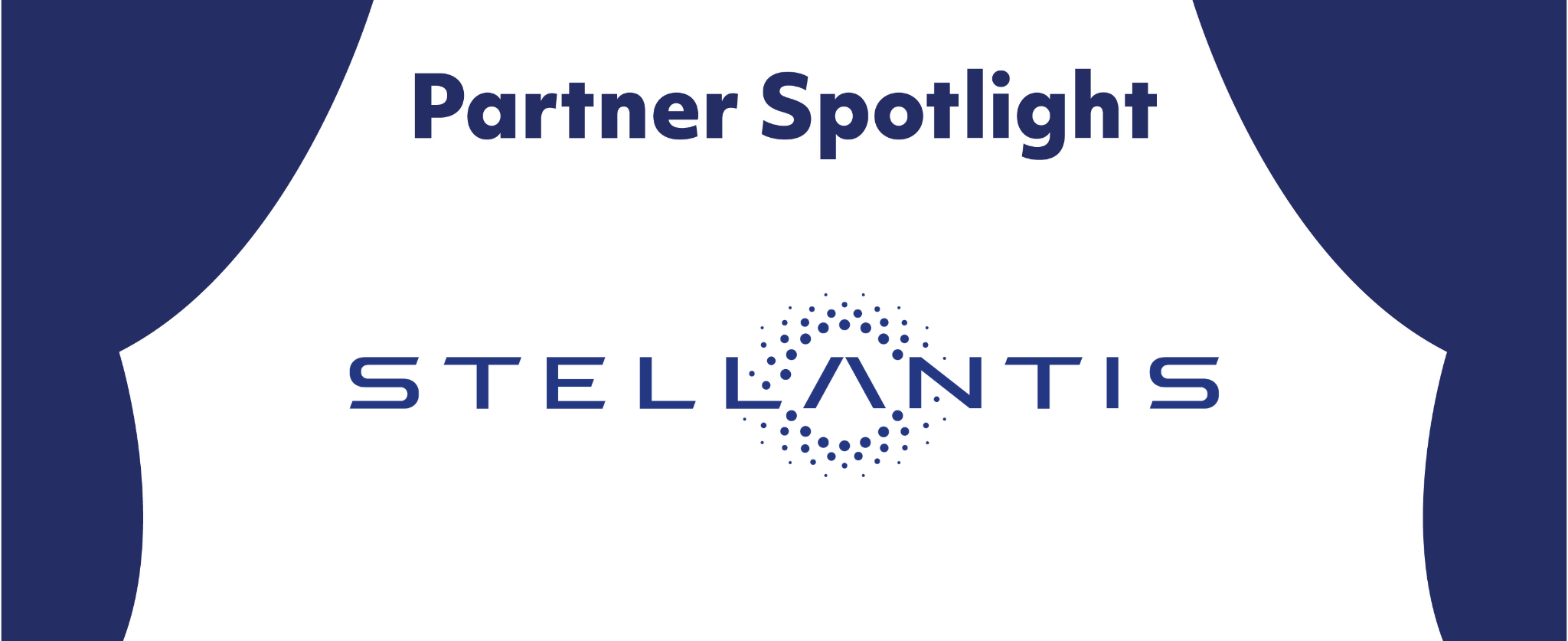Texthelp and KPMG Work Together to Include People with Neurodivergent Conditions
Texthelp is a global technology company that believes everyone deserves to understand and be understood. They make assistive technology to support people with neurodivergent conditions or those who struggle with literacy. Learn how Texthelp, together with KPMG, work to include people with neurodivergent conditions in the workplace.
KPMG is a global network of professional firms providing Audit, Tax and Advisory services. Their purpose is “to make a difference today while making the world a better place for future generations.”
When it comes to their people, KPMG place being inclusive at the heart of everything they do.
Speaking on this, Neil Eustice, Accessibility manager (Enterprise Wide Technology Group), says;
“We empower our people to be themselves and respect others – its core to our values and what we believe in. That’s why we are focused on creating an inclusive environment where our people can flourish, both as professionals and as individuals. By valuing diversity, we can see the world through many different perspectives, and collaborate together to bring creative solutions to complex issues.” As part of DE&I at KPMG, inclusive technology plays an important role.
Inclusive Technology
Inclusive technology can offer a simple yet effective solution to help employers become more neuroinclusive.
1 in 5 people have a neurodifference, such as Dyslexia, Autism, and ADHD. Each neurodivergent employee is unique and will view the world differently than their colleagues. With this comes innovative thinking, and out-of-the-box problem-solving. It’s important that working environments welcome different ways of thinking, doing, and achieving.
Read&Write is Texthelp’s inclusive software that allows employees to understand and be understood in their own way. Employees can choose to hear written text read out loud, dictate information rather than type, and much more. Intuitive writing features and concentration tools particularly benefit staff with neurodifferences, English as a Second Language or low literacy.
With Read&Write, employees feel supported anytime and anywhere, without the need to ask for support.
Neil explains the benefits of this:
“We know we have many neurodivergent colleagues. We also know that it takes on average 3 years for a person to disclose that they have a neurodiverse condition. So really the number of neurodivergent colleagues we have is higher than we think. What we know is probably just the tip of the iceberg.
We have a UK site license for Texthelp’s Read&Write for Work software. It’s available to every single colleague. Anyone can download it to their computer at any time, without having to jump through any hoops. No explanations or budget discussions. Just download, automatically install and start using.”
Neurodiversity is still largely misunderstood. When it comes to neurodiverse conditions, negative attitudes and stigma remain a problem. Neurodivergent employees may be hesitant to disclose their neurodifference because of this. This may mean that many are being left without the support they need to achieve in their own way.
In fact, 43% of employees with disabilities (and neurodifferences) do not feel comfortable to approach their employer to ask for change.
Neil highlights: “If people are going to disclose any adverse conditions in the workplace, they need to feel comfortable that doing so will only help, not hinder their career.”
Read&Write offers organizations a tool to support all staff, without them having to speak up and ask for change. It offers a great starting point for many organizations that are kick-starting their journey to becoming neuroinclusive. Or are searching for new ways to improve.
If you’d like to learn more about Read&Write, book a chat with one of Texthelp’s inclusive technology specialists.



